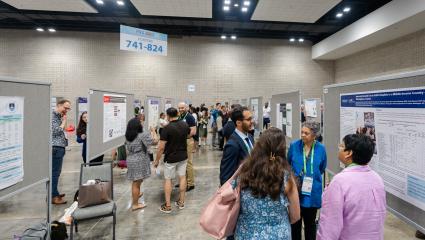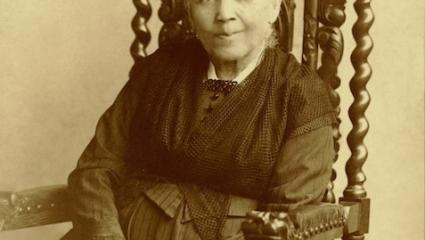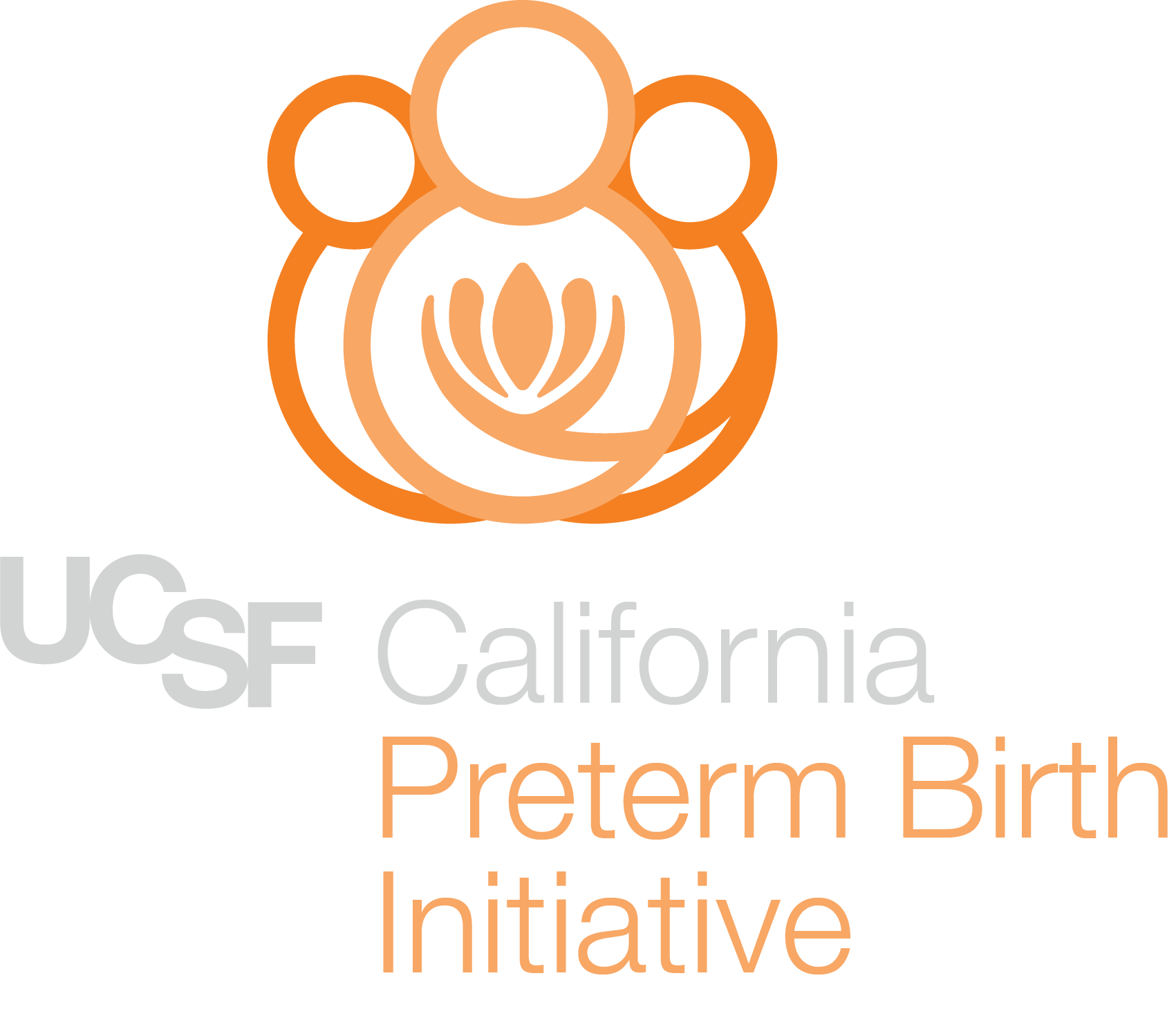
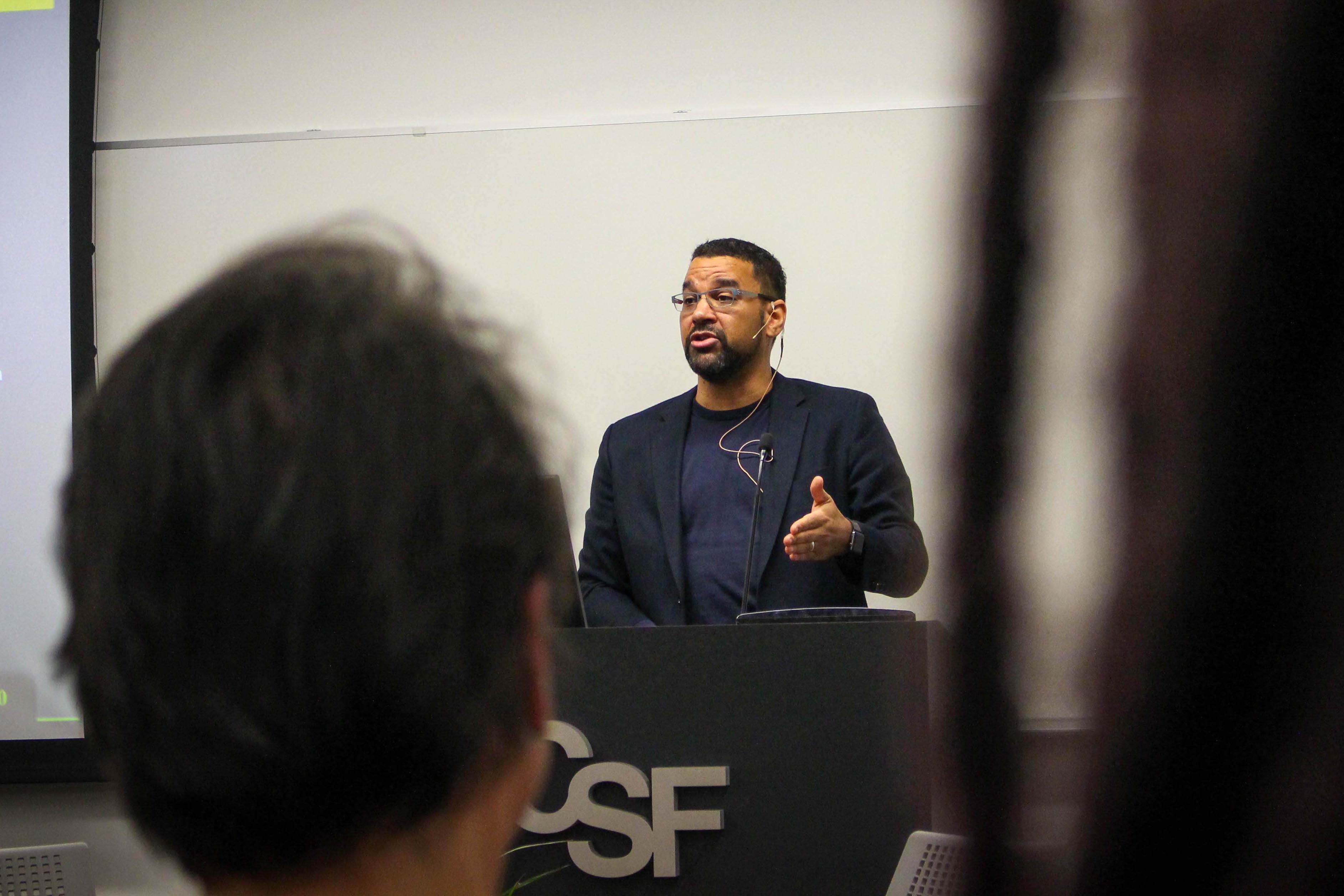
On February 21, 2019 we were proud to host Arnold Chandler and Paula Braveman as the speakers of our February Collaboratory. The event's topic was dissecting the complex research that points to racism as the root cause of the disparities in preterm birth rates between Black and White communities. The evening's first speaker was Chandler, Principal and Co-Founder of Forward Change Consulting, who Braveman described as "a tour de force". Chandler skillfully guided the audience through a comprehensive scan of the research literature to help identity what might explain racial disparities in preterm birth. Determinants that Chandler covered included everything from a woman's cervical length to environmental factors such as neighborhood cleanliness to the father's race. Below are key takeaways from Chandler's exploration.
Key Takeaways for Life Course Outcomes Factors
- Being born preterm may explain a significant share of the racial disparities in preterm deliveries among mothers
- Inadequate spacing between births accounted for a very small part of the racial difference in preterm birth
Key Takeaways for Environmental Factors
- Living in a neighborhood in California that has been very poor for decades is more strongly associated with preterm birth than living in neighborhoods that have only recently become very poor
- Lifelong residence in a high poverty neighborhood in California is much more strongly associated with preterm birth and may explain as much as 25% of racial disparities
- Black fathers independently contribute to the risk of preterm birth in California which may explain a portion of racial disparities
- Toxic release from coal and oil power plants may contribute to racial disparities in preterm birth
Neighborhoods in California that have had high levels of poverty for a long time are more strongly associated with preterm birth than neighborhoods that only recently have high poverty levels
Arnold Chandler
Social Strategist, Forward Change Consulting
Key Takeaways for Developmental Characteristics
- Black pregnant women with higher incomes and educational levels experience higher levels of chronic worry about racial discrimination and this may explain a portion of the racial disparities in preterm birth for this group.
- Cervical length may explain as much as a quarter of the racial disparity in preterm birth
After Chandler's presentation Paula Braveman, the director of UCSF's Center for Health Equity and leading researcher on many of the studies covered by Chandler, joined Chandler in a fireside chat. The audience was then given an opportunity to engage Chandler and Paula in a lively discussion culminating with audience breakout sessions discussing possible ideas for interventions.
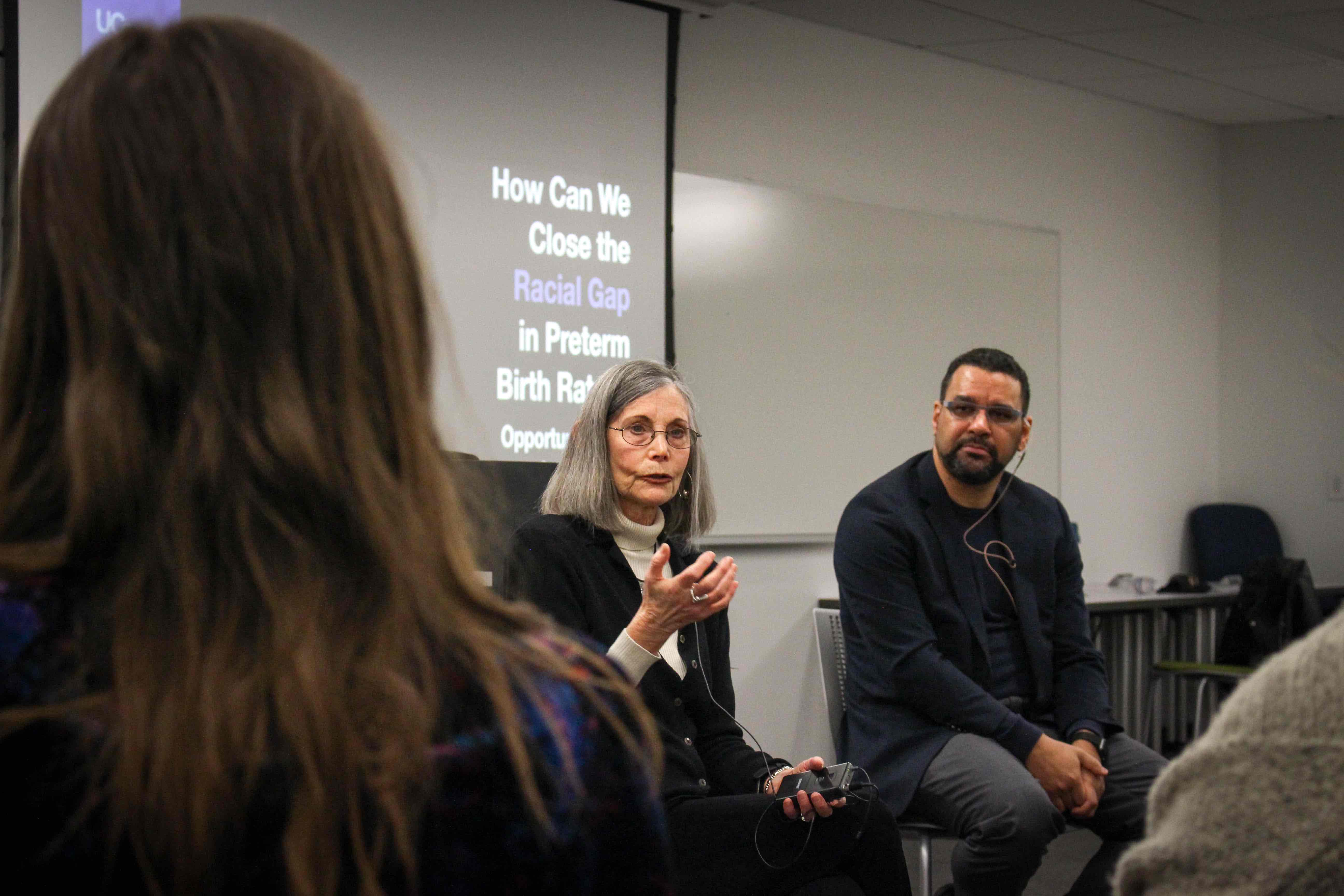
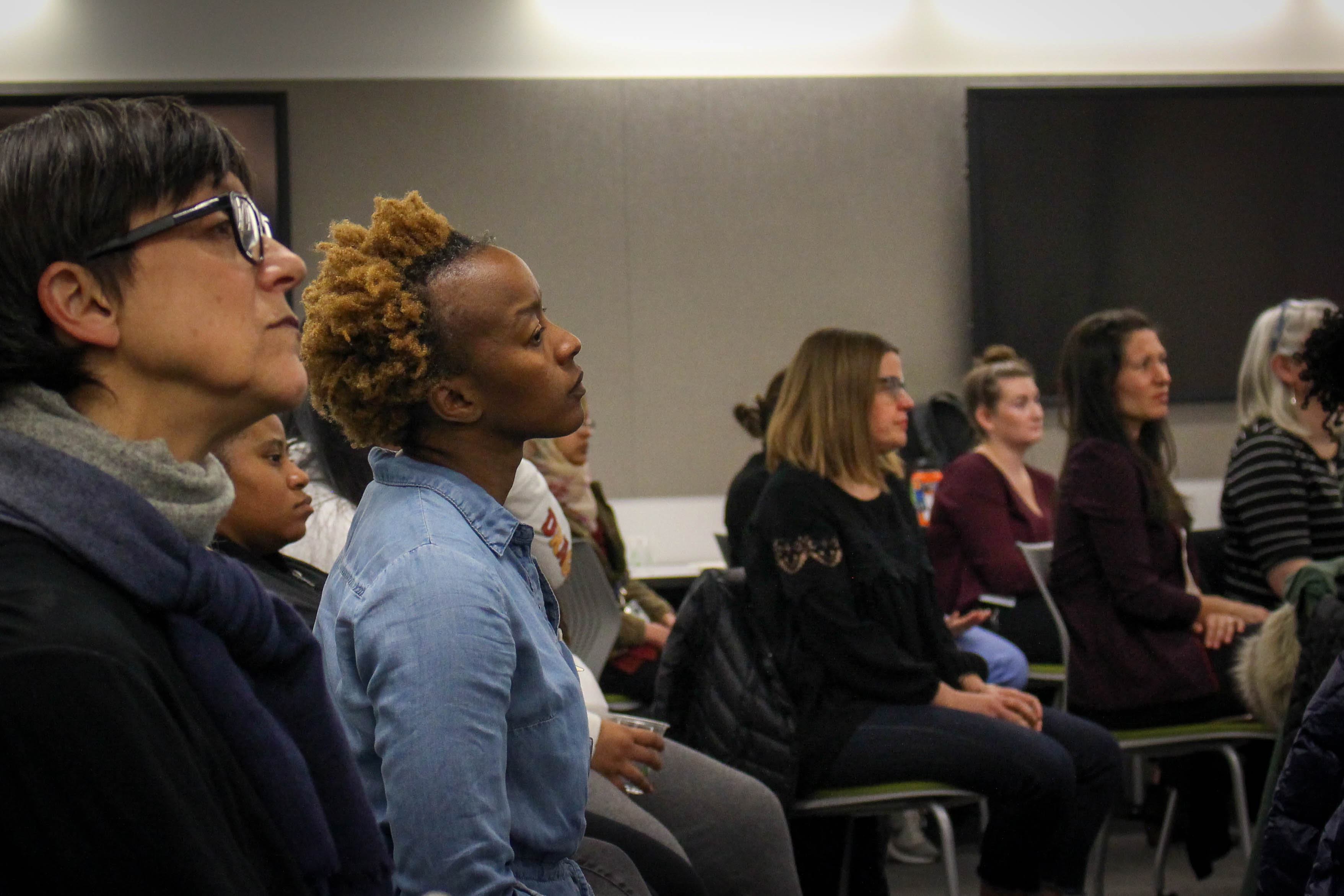
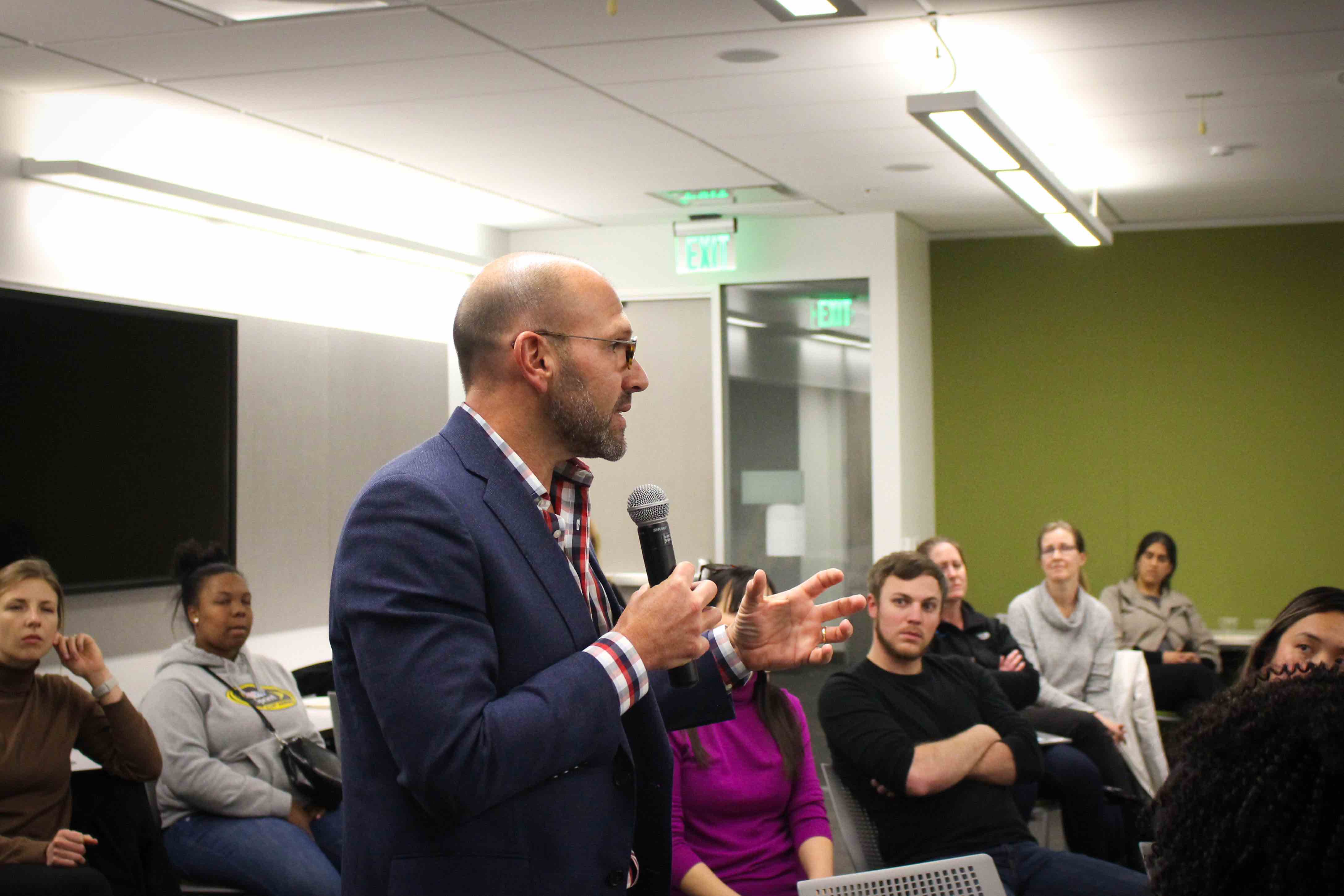
See More From The Event!
View the Live Stream Recording
Speakers
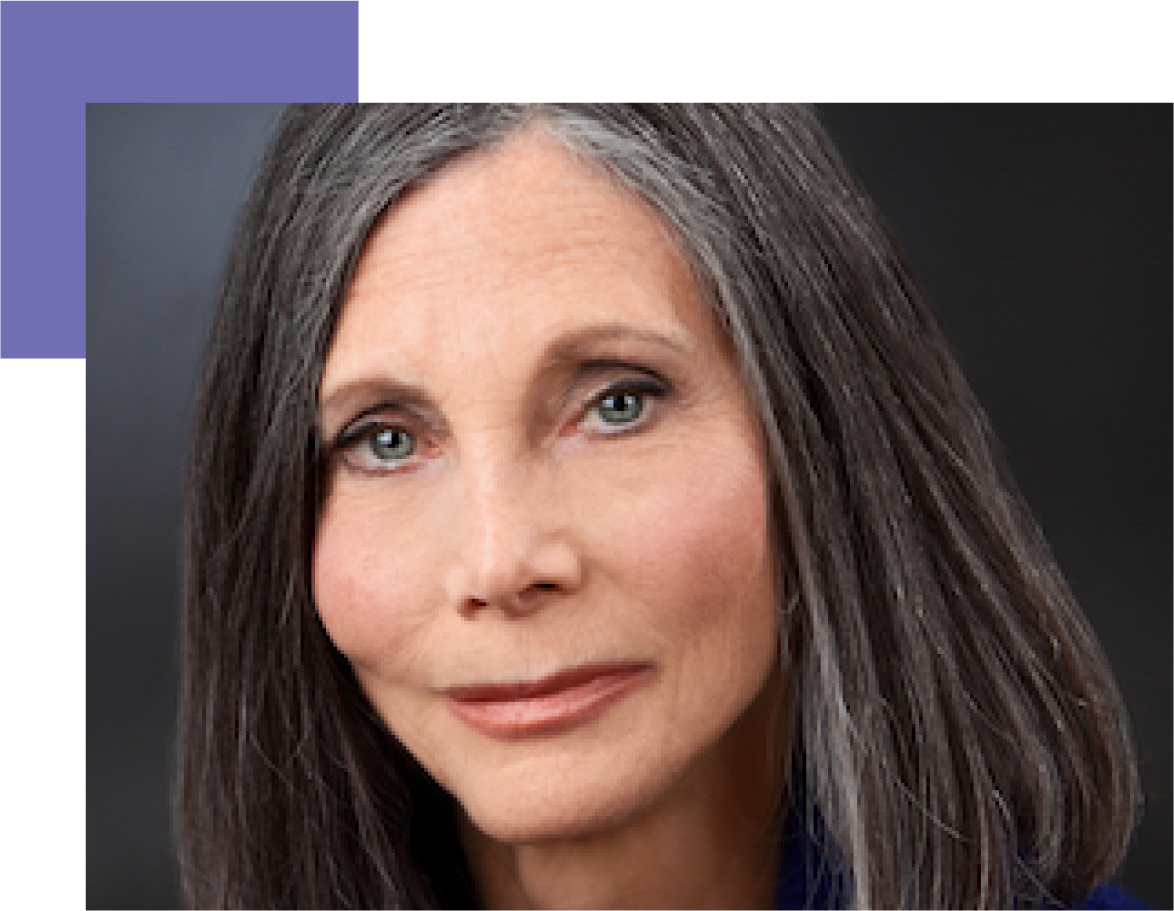
Paula Braveman, MD, MPH is Professor of Family and Community Medicine and Director of the Center for Health Equity (UCSF). For more than 25 years, Dr. Braveman has studied and published extensively on health equity and the social determinants of

Arnold L. Chandler is an advocate, researcher, trainer

